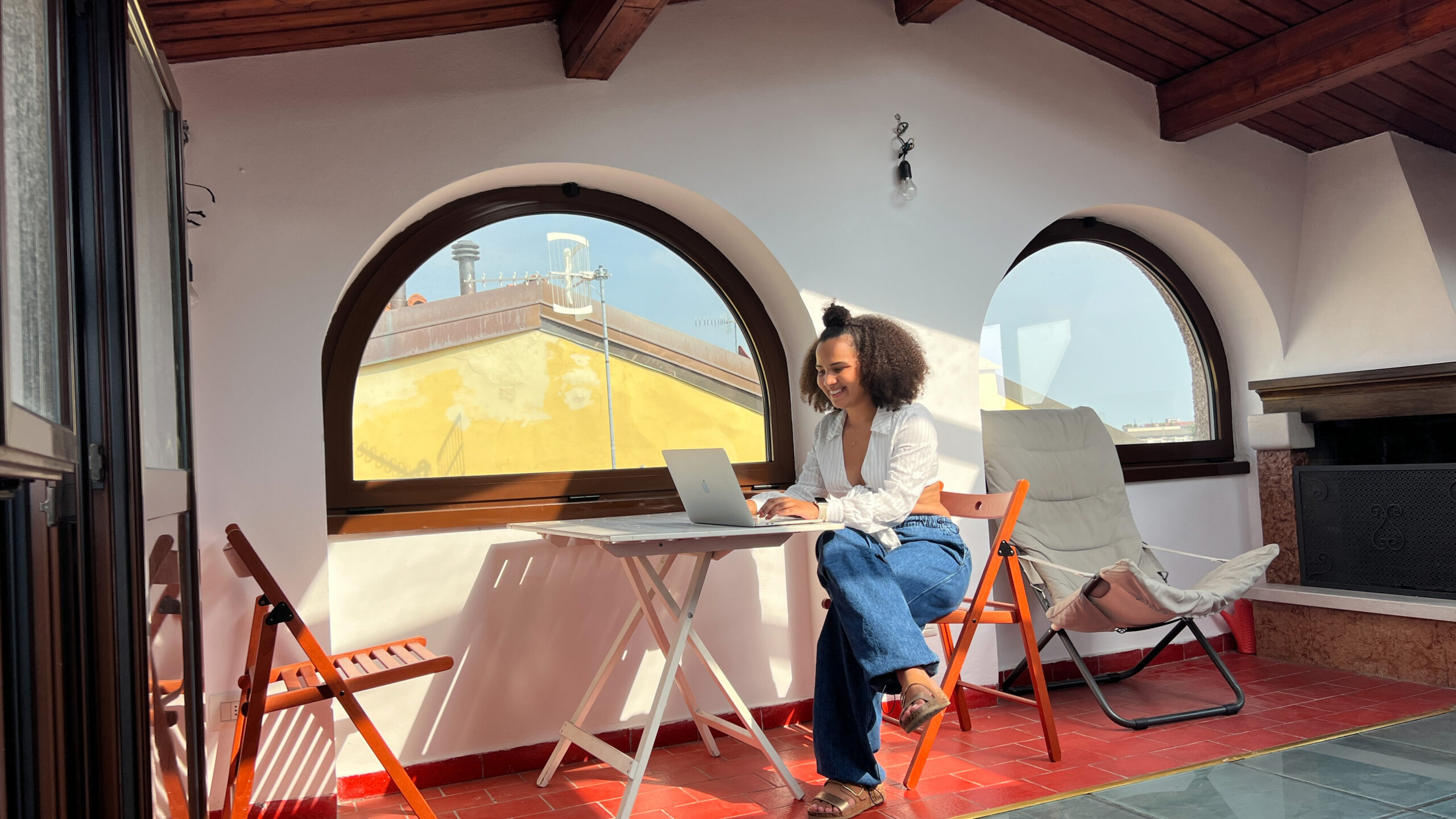Travel
This Former Marketing Whiz Turned Her Love Of Travel Into A Business Creating Opportunities And Awareness For Travelers Of Color – Blavity

What challenges have you faced as a young, Black female entrepreneur in the travel industry, and how do you hope to increase representation in the travel space?
As proudly as I embrace my Blackness, I’m also deeply aware that as a lighter-skinned Black woman, my experiences of marginalization are not equal to, or the same as, my dark-skinned sisters or those who are visibly disabled, queer or face additional layers of discrimination due to their identities. I know my privilege in that, but it doesn’t erase the challenges I’ve faced as a young, Black female entrepreneur in an industry that often questions our presence.
I’ve personally faced several challenges — some visible, some more subtle. For example, I’ve experienced prejudice expressed as skepticism about my expertise and thought leadership in both the travel and marketing spaces. Whether because of my age, gender or ethnicity (or, most likely, a combination of the three), decision-makers have second-guessed my knowledge, questioned my success or delivered subtle microaggressions — all while expecting constant gratitude and grace in my every response. It can be extremely draining.
Another of the most persistent challenges is underrepresentation. It’s not uncommon, as it should be, that I am the only person of color on a press trip or in a room where decisions are made, which is intimidating and isolating. I’ve also encountered tokenism, where brands may only approach me during Black History Month or when they want to appear diverse, but interest isn’t there the rest of the year. It can feel like you’re included for optics rather than genuine engagement. Navigating these spaces and pushing back against these practices while still trying to grow my brand has been challenging.
Even when trying to collaborate with Black-owned brands or destinations, we face additional barriers — limited budgets for creators, often tied to underfunded state tourism boards that don’t invest in our stories. It’s frustrating because we know our value, yet we’re constantly having to justify it, often to people who’ve never needed to fight for space like we do.
But despite these frustrations, I remain hopeful and committed to amplifying diverse voices in media. I’m also deeply committed to increasing representation in the travel space, and I believe it requires a multi-faceted approach.
One of my main strategies is to continue to leverage my social media presence to highlight the travel stories of individuals from underrepresented communities, especially women of color and marginalized groups. I want people who often feel excluded from the mainstream travel conversation to see themselves in my experiences and feel inspired to embark on their journeys. I’ll continue to prioritize partnering with brands and organizations that believe representation is vital because it helps shift perceptions of who belongs in the travel world. I plan to continue to innovate new ways to focus on community-building — both online and offline — through workshops, mentorship programs and social media engagement. I’m also pushing the industry to do better, holding brands accountable through initiatives like the Black Travel Alliance and amplifying diverse narratives in travel.
Another significant part of this mission is expanding internal initiatives like my Packs Light Travel Grants. These grants, designed explicitly for BIPOC travelers, actively break down financial barriers that often keep marginalized communities from exploring the world. Whether it’s my most recent Solo, Not Solo Group Travel Grant or my 2023 Study Abroad Redo Travel Grant, these opportunities provide funding and empower recipients to share their unique travel experiences with others, further enriching the narrative of diversity in travel.
Ultimately, I hope Packs Light’s legacy will help reshape the travel industry into a more inclusive space where diversity is acknowledged and celebrated.







.jpg)

